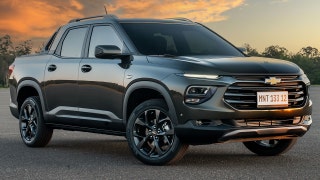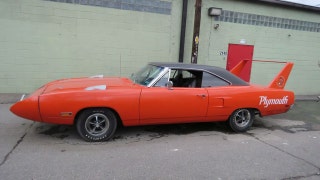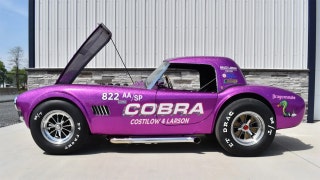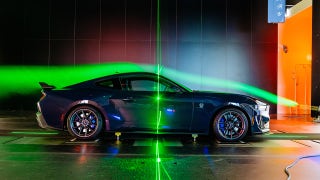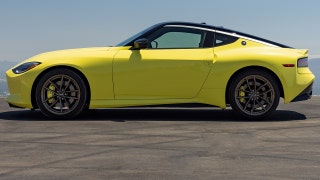Richard Petty wants to protect auto racing from the EPA
NASCAR legend Richard Petty is working with the Specialty Equipment Markets Association (SEMA) to support legislation that would official exempt motorsports from EPA emissions rules.
Richard Petty is worried about the future of the sport that made him famous.
The seven-time NASCAR Cup Series champion has teamed up with the Specialty Equipment Market Association (SEMA) in support of a bill aimed at protecting the racing car industry from emissions enforcement actions by the EPA. The concern stems from mixed messages the environmental agency has been sending in recent years.
The original Clean Air Act does not explicitly exclude production vehicles modified for motor racing from the EPA's authority, but the agency has allowed professional and amateur racers to operate outside its regulations since its inception and a 1990 amendment sought to clarify the exemption. A non-binding policy memorandum issued by the EPA in 2020 regarding emissions system tampering appeared to uphold this position, stating that "this Policy does not address EPA-certified motor vehicles that are converted into a vehicle used solely for competition motorsports, nor aftermarket parts purportedly manufactured or sold for that purpose."
However, during a recent crackdown on several manufacturers and sellers of such parts that have been misused by some customers in vehicles that were driven on the street, the EPA asserted in court that there is no "exemption" for competition vehicles and that it is a "hypothetical" idea that there is.
"There wouldn’t have been any NASCAR or any cup racing if that kind of rule had been in effect in 1949," Petty told Fox News Autos.
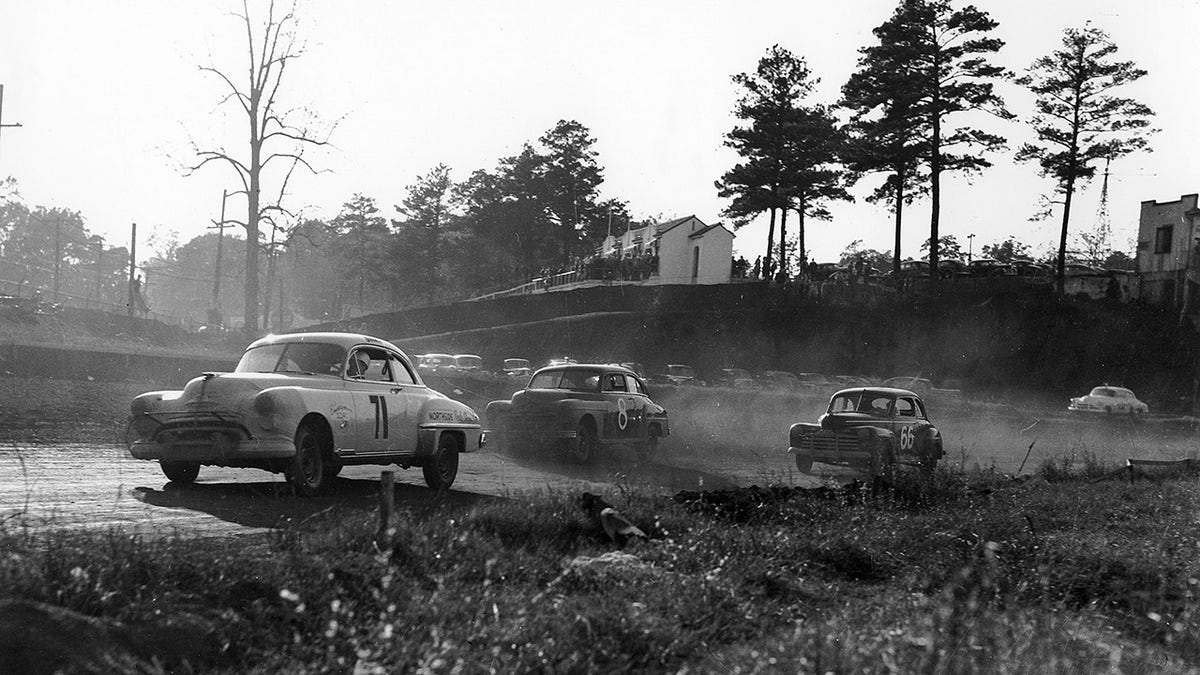
The earliest competitive stock cars were modified production vehicles. (ISC Images & Archives via Getty Images)
The cars used in NASCAR's early years were based on street legal vehicles, as are those used in many racing series today.
"They take a stock car and make a race car out of the thing," Petty said.
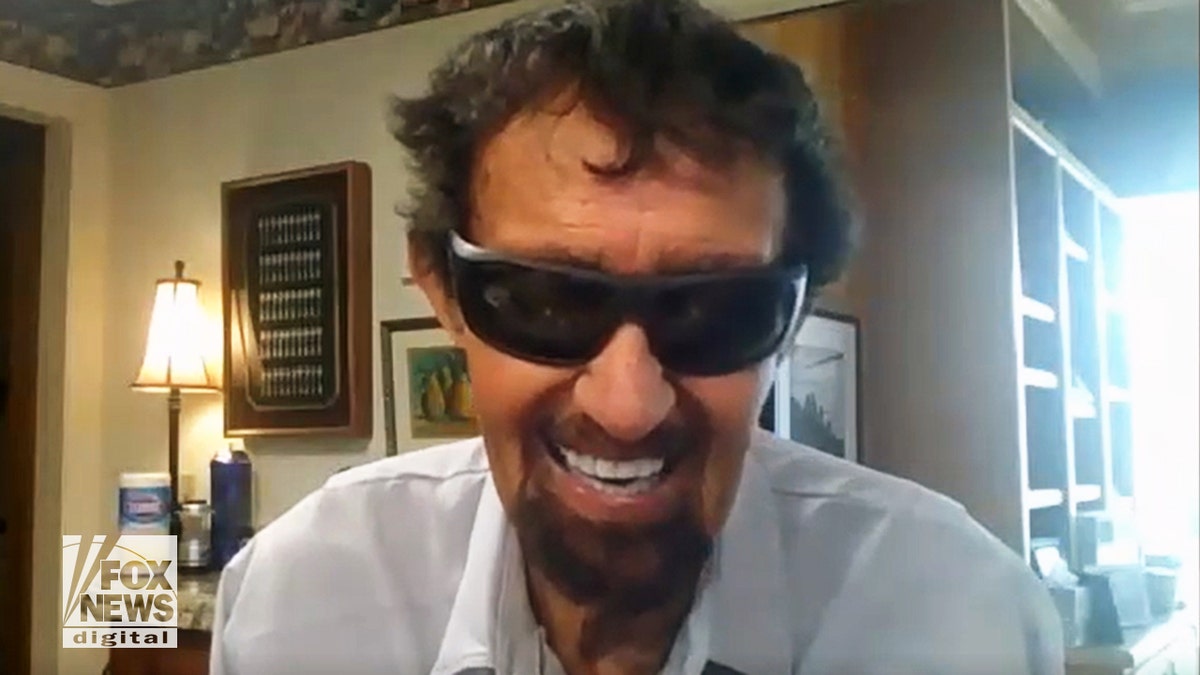
Richard Petty appeared exclusively on "The Fox Garage" to talk about the RPM Act. (Fox News Autos)
SEMA represents the aftermarket parts industry and has worked with lawmakers to help draft the Recognizing the Protection of Motorsports, or RPM Act, which would codify an exemption for converted race cars. The bill, which was sponsored by Rep. Patrick McHenry and Sen. Richard Burr from North Carolina and has bipartisan support, was introduced last year but has stalled in both houses. McHenry said he is committed to seeing the bill passed into law by the end of this year.
"I am proud to represent a district with deep ties to motorsports and I understand the vital role the sport plays supporting local jobs in our area," McHenry told Fox News Autos. "The RPM Act will help to ensure enthusiasts of the sport in North Carolina and across the country can continue the time-honored tradition of modifying stock vehicles for competitive racing."
MORE CUSTOM CAR NEWS FROM FOX NEWS AUTOS
The EPA did not respond to a request for comment on the RPM Act.
SEMA attorney David Goch says the EPA's recent actions have sent a chill through the $2 billion racing car parts industry, much of which is represented by small businesses operating on tight margins with little legal knowhow. He said some are being bullied into settlements that can cost tens of thousands of dollars or more, and that when one shuts down that can negatively affect an entire local racing community and its associated businesses.
$3.5 MILLION BID NOT ENOUGH FOR RICHARD PETTY'S NASCAR PLYMOUTH SUPERBIRD
"It’s sort of like throwing a pebble in a big pond or something. There’s a big ripple in the middle, but all this stuff goes way, way, way out," Petty said.
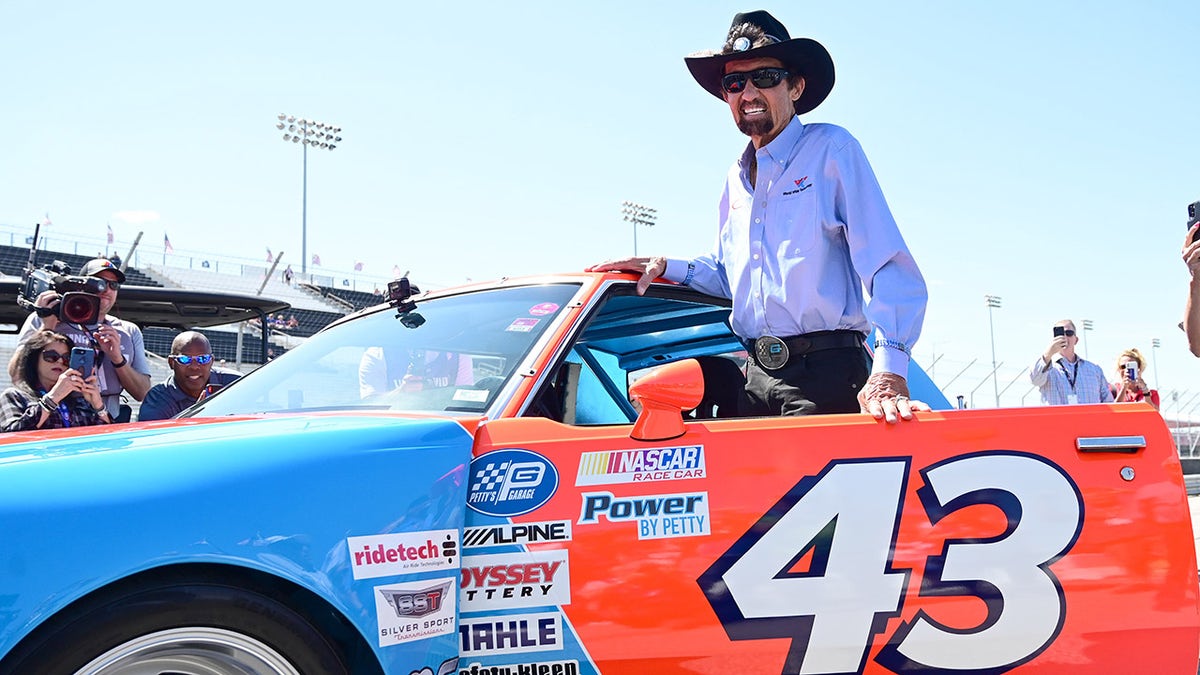
Richard Petty won seven Cup Series championships during his career. (Keith Gillett/Icon Sportswire via Getty Images)
Brent Leivestad is the owner of PFI Speed, a tuning shop in Fort Lupton, Colorado, that was fined $18,000 by the EPA last year for selling a racing part the agency considers an emission "defeat device" that is illegal if used by the buyer on the street. Leivestad is fighting the expedited settlement that was offered, which would also ban the shop from preforming future modifications affecting emissions control systems.
"It would put us out of business," Leivestad said.
Petty said he has learned over the years that street legal cars cannot hold up to the rigors of competition.
"We couldn’t go racing with a stock car, it’s just impossible to even think about."
CLICK HERE TO GET THE FOX NEWS APP
Petty worries that forcing the issue would make the sport less entertaining, leading to fewer spectators spending money at the small local tracks where many pros get their start and that are often the biggest attraction for miles around in rural areas.
"I don’t know what they’re trying to prove," he said.





